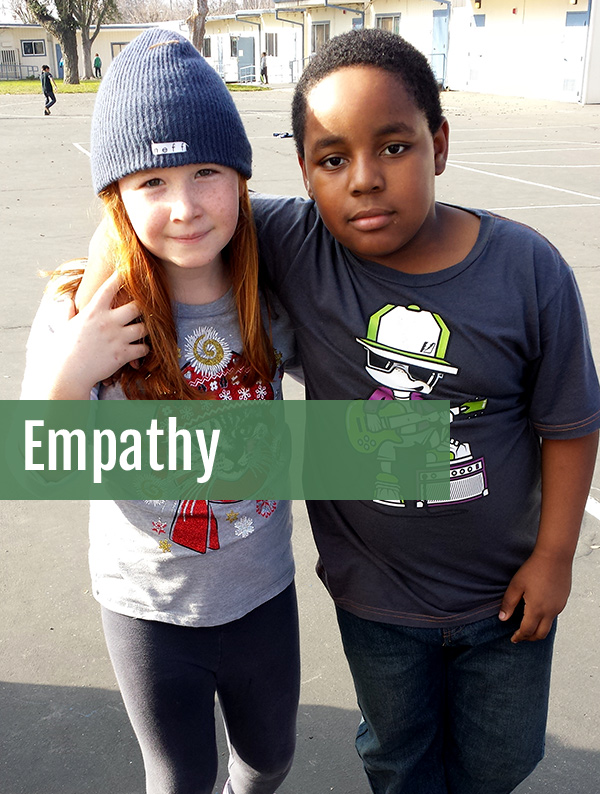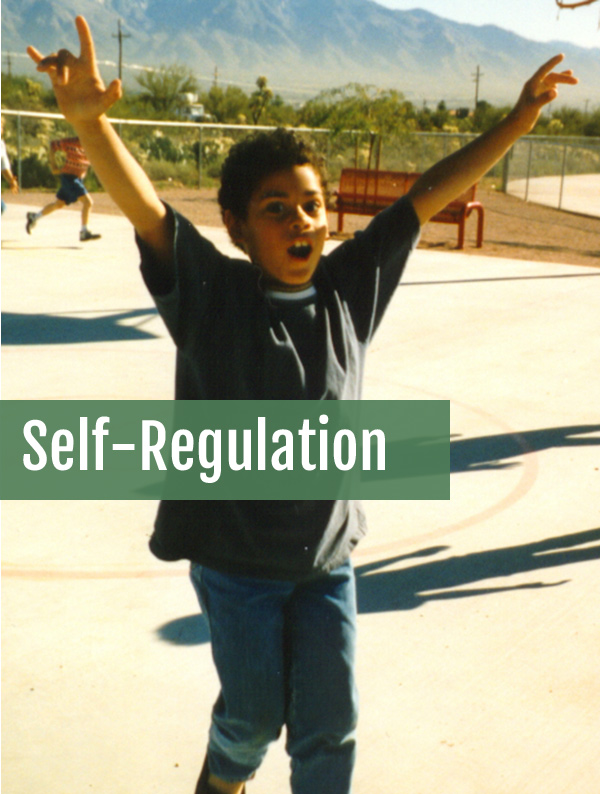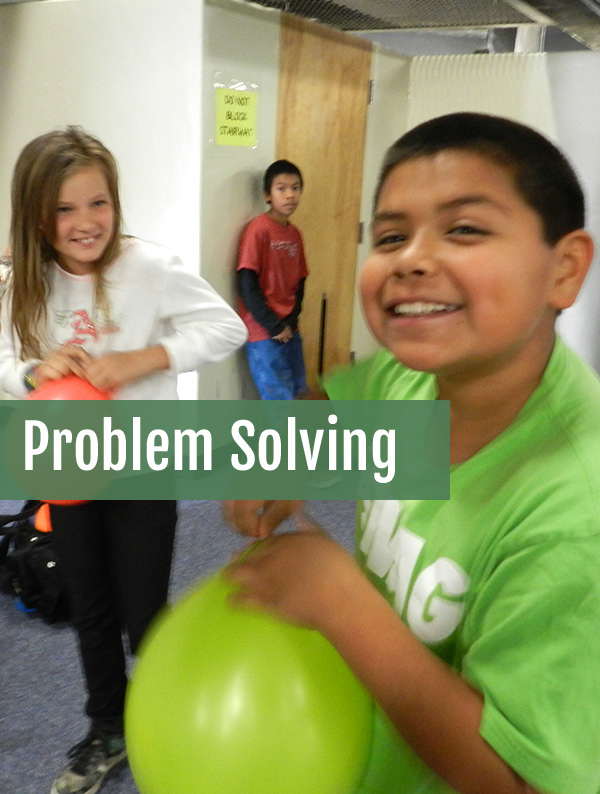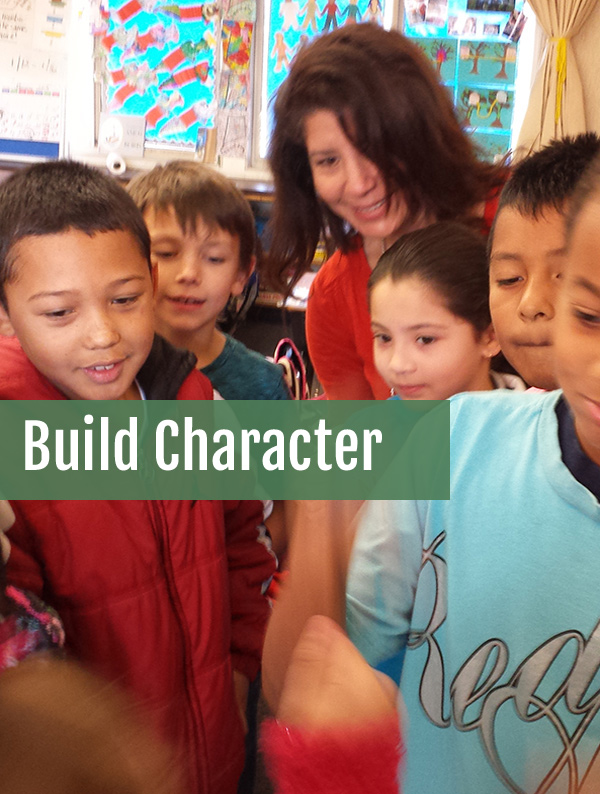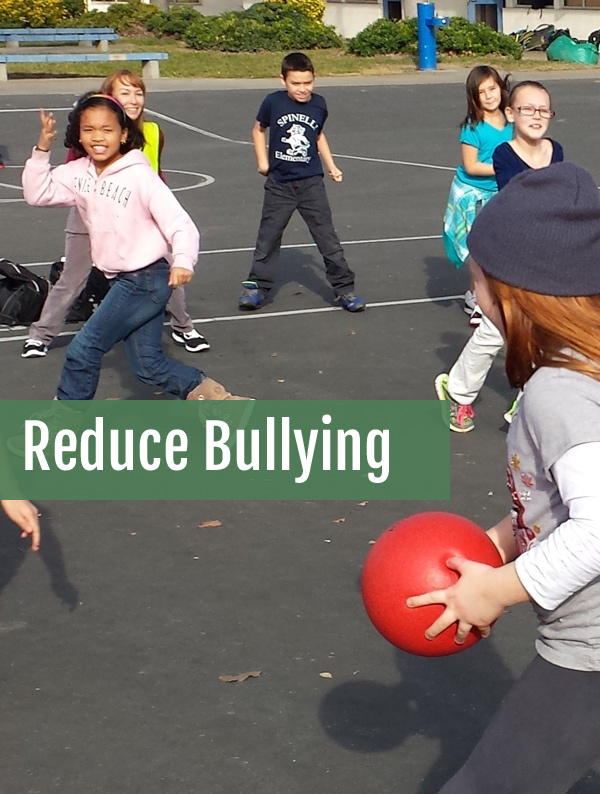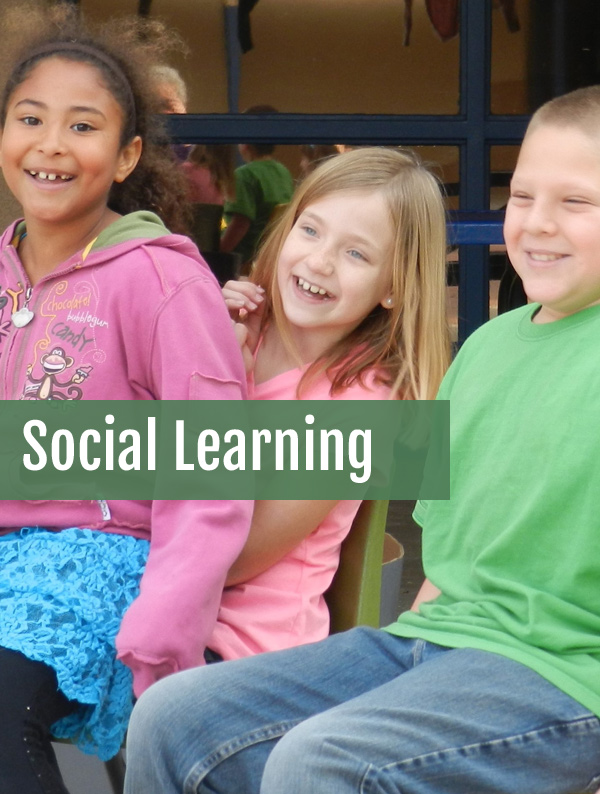KUDOS for HEALTHY PLAY IS A SOLUTION
We began use of Healthy Play is a Solution at one elementary school in 2002. It was so overwhelmingly supported by staff at that school that the remainder of the 15 elementary schools in our district requested the training and support during the subsequent years. Healthy Play continues to be an important component of our support programs in every Chico elementary school.
Healthy Play is easy and enjoyable to implement. I have received repeated reports from teachers, principals, and classified staff (aides) that this is “the best training I’ve ever had.” These words do not come easily from teachers. The training is focused, thorough, and incredibly engaging. Teachers can implement the strategies immediately. While the overall concepts taught in Healthy Play seem relatively simple, the impacts are deep.
Relationships, conflicts, and bullying: Improving school climate and reducing conflict and bullying require positive relationships and opportunities for positive engagement. Healthy Play activities provide opportunities to address these issues through play activities that, with a bit of adult (or older peer) facilitation, engage all students in the common joys of play and compassion for all participants. In short, when students notice that the “nerd” or the “bully” or the “different” student can actually be fun to play with, relationships and tolerance are increased. Facilitators are able to subtly shift rules or types of games used to further focus on successful participation of those who might otherwise feel left out.
It is obvious that I enthusiastically endorse the use of Healthy Play is a Solution as a primary component of any classroom, school, or community development and prevention program. It creates situations in which all students are successfully engaged, conflicts often arising during competitive play and recess are eliminated, students are moving, brains are working, and relationships among participants are developing. Please feel free to contact me regarding our experience with this program.
Scott Lindstrom, PhD
Student Support Coordinator, Chico Unified School District
Technical Consultant, Early Mental Health Initiative, CA Dept. of Mental Health
“Thank you for the support in improving student interactions and relationships. The training and on-going support was crucial in changing our culture for the better. Thornydale Thunderbirds Love Healthy Play!!!”
Sarah L. Clem, Principal, Thornydale Elementary
“I’ll tell anyone that Healthy Play has made teaching for me one of the easiest and most rewarding jobs I ever could have. I set the daily expectations of the program with the students for the first month. After that, they run the process smoothly all day long for the rest of the year. And, this was a class of 27 children that had seven mainstreamed special education students attending. It made school a joy for all of us.”
Kay Ann Well, teacher, Warren Elementary
“This is the most useful staff development I have ever attended. It is the best learning and management tool I have ever seen.”
Dave Mobley, Principal, Vanguard School
"It is with pleasure that I recommend Healthy Play to others. Charlie Steffens and Spencer Gorin have produced a program, which impacted our total school. We are delighted with the transformation that we are seeing in our faculty and students. Kids are acting like kids again--having fun and feeling happy while they learn."
Annabel Crites, Principal, Gale Elementary School
"We saw a real change in teacher and student attitude that has lasted long after the planned lessons. This is one program that has made the playground monitors and principal happy!"
Mary Belle Mitchell, Principal, Fort Lowell Elementary School
"I believe that anyone interested in improving children's ability to problem solve, interact appropriately with peers and adults, staying on task, building self-esteem, developing cooperation and having fun would benefit from this approach."
Steffie O'Neill, Program Director/Children, Arizona Center for Clinical Management
"What FUN! Fruchthendler just completed training with Healthy Play. I don't think I have ever enjoyed an in-service so much. My staff participated without a grumble or groan. They joined in the fun willingly and I don't think I have ever seen them enjoy each other so much. In addition to this, they learned a LOT!"
Kathleen R. Hayes, Principal, Fruchthendler Elementary School
“It’s great for kids! What else could you conclude when one of our district schools reduces its suspension rate from 119 down to 12 by using the Healthy Play program. It is a perfect fit for the enhancement goals of California’s Early Mental Health Initiative.”
Jan Thaxton, MVUSD Project Coordinator
“The Healthy Play program has had the biggest impact on myself, my family and the children that I have been able to touch. The program really works! I can’t stress enough on how blessed I feel to have this program at our schools.”
Rhonda Longeuay, Playground Specialist, Special Friends, Moreno Valley Unified School District
“It’s the workshop I’ve been waiting a quarter of a century for. It helps me stay focused on what’s REALLY important in education.”
Suzanne Pickering Teacher, Ellington Elementary
“You were phenomenal. I can honestly say that I’ve never walked away from an in-service feeling as confident about implementing a program as I do this one! Thank you!”
Andrea Czoka, Teacher, M.C. Cash Elementary





